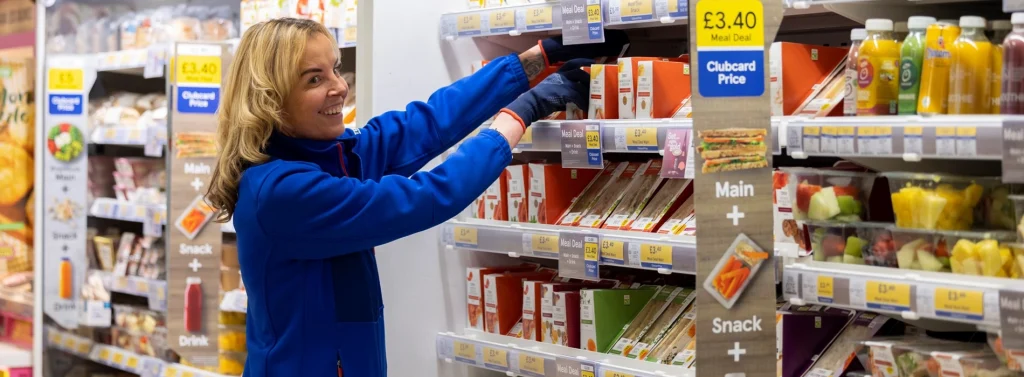
Food waste is an issue that affects many households, whether it is leaving food uneaten on a plate or discarding items that have spoiled. While individual instances may seem insignificant, globally more than 1.3 billion tonnes of food are wasted each year, which is equivalent to one-third of all food produced for human consumption, according to the United Nations’ Food and Agriculture Organization.
The importance of reducing food waste was highlighted during last year’s UN General Assembly Climate Week, reinforcing the need for continued efforts in this area. Tesco remains committed to creating a more sustainable and equitable food system and takes its responsibility in this regard seriously.
As part of its commitment to halving food waste, Tesco has made significant progress, with 117 suppliers record number, now signed up to record and report on food waste. This means that more than 60 % of Tesco’s fresh sales by volume in the UK come from suppliers tracking their food waste data. In the past year alone, the company and its partners reduced food waste by 126,312 tonnes compared to the baseline year.
Tesco was the first UK retailer to publicly publish food waste data from its operations and continues to build on this transparency. Recognizing that further action is necessary, the company aims to encourage more businesses to record and report their food waste data. Only by doing so can meaningful actions be taken to address the most critical areas within the supply chain.
As a founding member of Champions 12.3, Tesco is part of a coalition established following the 2015 United Nations General Assembly to accelerate progress towards achieving Target 12.3—halving global food waste by 2030. Achieving this ambitious goal requires collective behavioural shifts. Alongside encouraging suppliers to take steps to reduce waste, Tesco also offers practical support.
Tesco adheres to the food waste hierarchy, prioritizing the reduction of surplus food. When surplus does occur, the company ensures it is directed towards human consumption where possible, donating unsold food to charities. Where redistribution is not feasible, surplus food is repurposed for animal feed or energy generation. The company recently achieved a significant milestone, redistributing the equivalent of 220 million meals through its food surplus programme in partnership with FareShare.
Tesco’s suppliers and partners continue to implement innovative solutions to tackle food waste, including modifying assembly lines, using drones, and adopting advanced weather monitoring systems. In addition to working with suppliers, the retailer also supports customers in reducing food waste. One initiative involved providing guidance on freezing unused produce, helping households to waste less while saving money.
Tesco remains dedicated to working alongside suppliers, partners, and customers in the fight against food waste. While significant progress has been made, ongoing efforts are essential, particularly as climate change continues to impact global supply chains. Addressing food waste collectively is crucial to building a more sustainable future.
Courtesy of Tesco PLC
